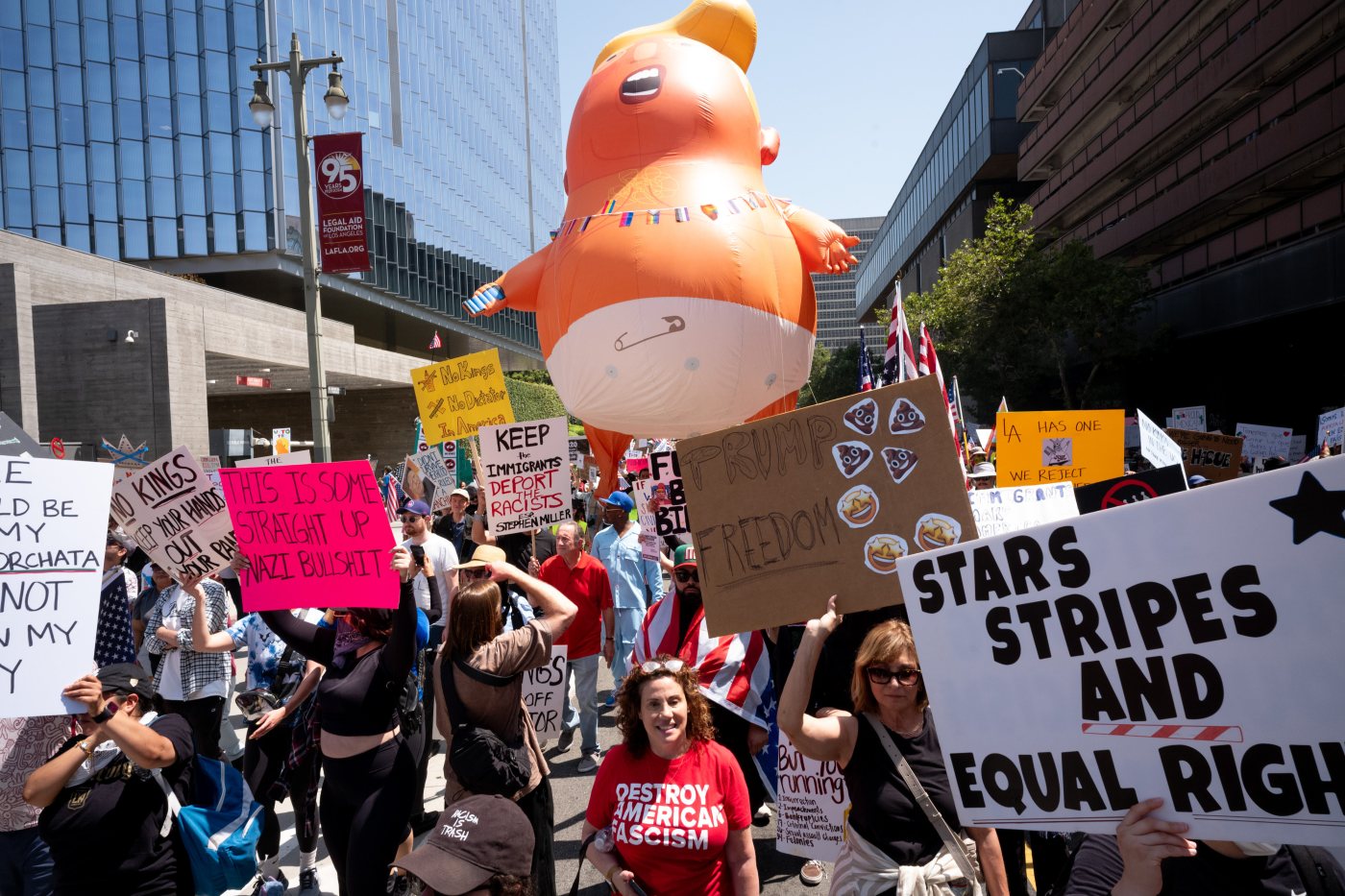Political campaigns in the United States have long been marked by strong language and accusations against opponents. The use of terms such as “dictator” and “fascist” is not a recent phenomenon but has roots that stretch back to the nation’s earliest elections. This tradition highlights the intensity of political discourse, especially as key elections approach.
Historical Context of Political Labels
In the election of 1800, allies of Thomas Jefferson labeled President John Adams a “tyrant” and “monarchist,” criticizing his support for the Alien and Sedition Acts. Conversely, Adams’s supporters accused Jefferson of being an anarchist intent on dismantling the Republic. As American politics evolved, so did the rhetoric. During the Civil War in 1864, Democrats called Abraham Lincoln a “despot” for his decision to suspend habeas corpus.
The 1930s and 1940s saw Franklin Roosevelt’s New Deal characterized by critics as a “march toward fascism,” while his court-packing plan faced similar condemnation as dictatorial. In 1964, Lyndon Johnson’s campaign painted Barry Goldwater as an extremist, with assertions that he posed a direct threat to democracy.
Moving into the 21st century, political rhetoric continued to escalate. In protests against the Iraq War and the Patriot Act, George W. Bush was likened to Adolf Hitler. His successor, Barack Obama, faced accusations of being both “socialist” and “fascist” from critics within the Tea Party movement, particularly in response to his executive actions. Most recently, opponents of Donald Trump have prominently labeled him “authoritarian” and “fascist,” making these terms a staple in contemporary political discourse.
The Impact of Rhetoric on Political Discourse
The trend of employing extreme language is not limited to presidential elections; it tends to amplify in broader electoral contexts. This pattern suggests that when significant stakes are involved, such as the presidency, opponents are inclined to reach for the most severe labels available. While such rhetoric may resonate emotionally, it raises questions about its historical accuracy and the implications for public discourse.
Despite the potential for harm, the First Amendment remains a cornerstone of American democracy, protecting even the most severe forms of political speech. As the discourse continues to evolve, it is crucial to recognize that these labels often serve more as tools for electoral advantage than as reflections of actual governance.
In conclusion, the historical context of political accusations reveals a longstanding tradition in American elections. This legacy underscores the importance of critical engagement with political language, reminding us that the First Amendment exists to safeguard even the harshest criticisms.
